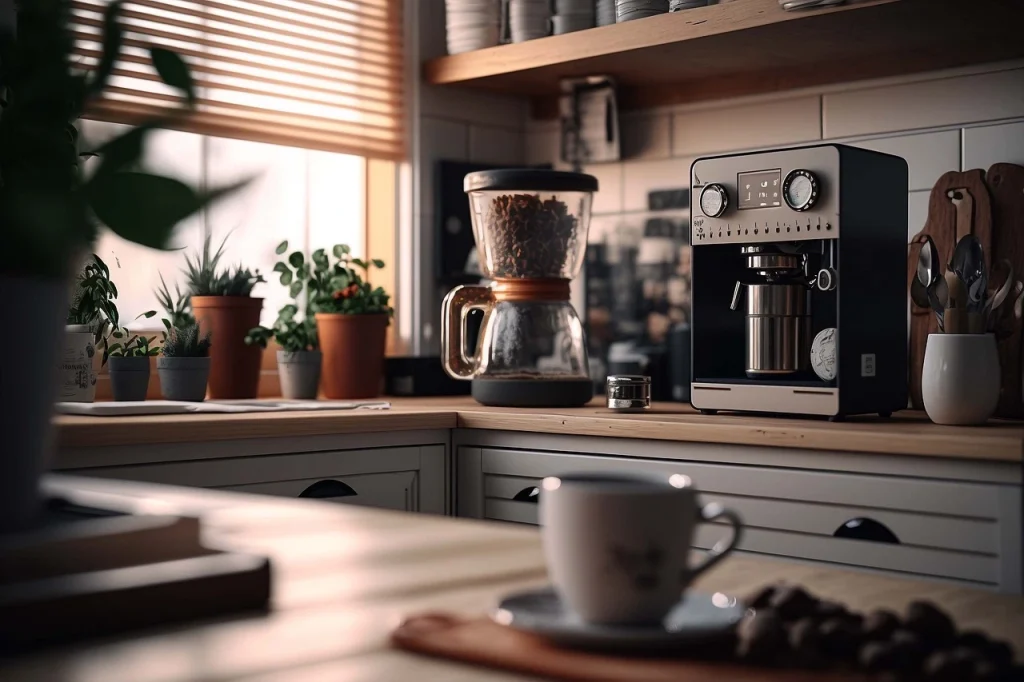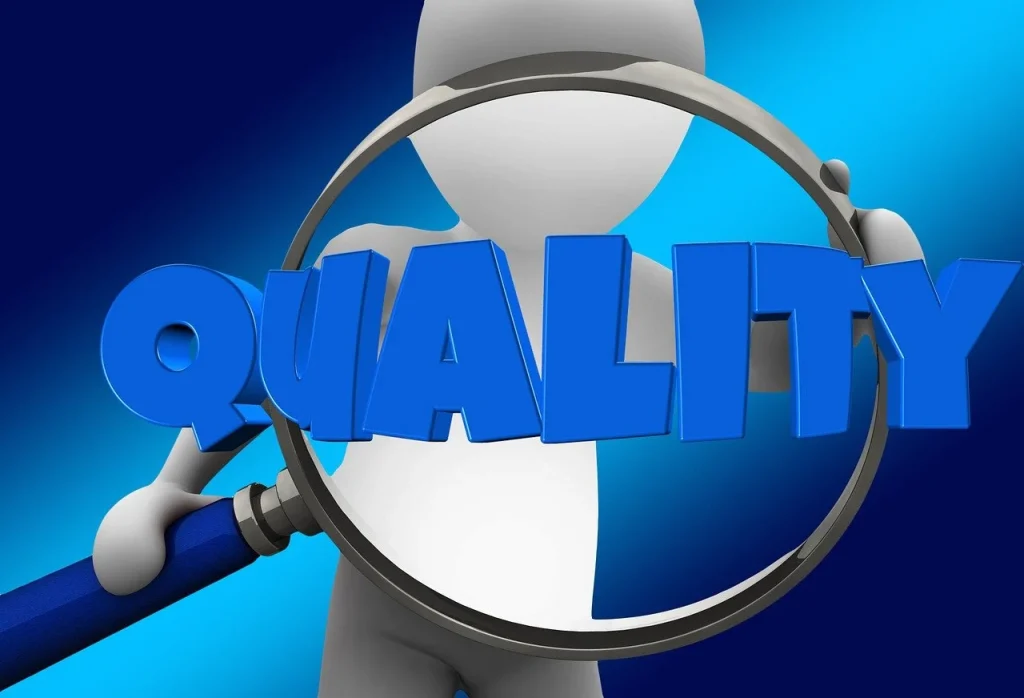Things To Keep In Mind When Buying A New Home
Common Mistake To Avoid
Buying A New Home Is An Exciting And Significant Milestone, But It Can Also Be A Daunting Process. With Numerous Factors To Consider, It’s Important To Be Well-prepared And Informed.
This Guide Will Help You Navigate Through The Essential Aspects Of Purchasing A Home, Ensuring That You Make The Best Decision For You And Your Family.
Importance Of Things To Keep In Mind When Buying A New Home
Understanding The Key Considerations When Buying A Home Is Crucial For Making An Informed Decision. It Helps You Avoid Potential Pitfalls, Save Money, And Find A Property That Meets Your Needs And Preferences. By Being Aware Of What To Look For, You Can Streamline The Process And Make Your Home-buying Experience More Enjoyable And Less Stressful.
- Setting A Budget
- Location
- Type Of Home
- Home Features
- Inspection And Condition
- Financing Options
- Understanding The Market
- Legal Considerations
- Moving In
- Common Mistakes To Avoid
- Conclusion
Setting A Budget

Determining Your Financial Capacity
Before You Start Looking At Properties, It’s Essential To Have A Clear Understanding Of Your Financial Situation. Calculate Your Total Income, Expenses, And How Much You Can Realistically Allocate Towards Your Home Purchase Without Compromising Your Lifestyle.
Mortgage Pre-Approval
Getting Pre-approved For A Mortgage Gives You A Clear Idea Of How Much You Can Borrow And Shows Sellers That You’re A Serious Buyer. This Can Give You An Edge In Competitive Markets.
Hidden Costs To Consider
Remember That The Purchase Price Isn’t The Only Cost Involved. You’ll Need To Account For Closing Costs, Moving Expenses, Insurance, Property Taxes, And Potential Renovations Or Repairs.
Location

Proximity To Work And Amenities
Consider The Distance From Your Potential New Home To Your Workplace, Schools, Healthcare Facilities, Shopping Centers, And Recreational Areas. A Convenient Location Can Save You Time And Money In The Long Run.
Neighborhood Safety
Research The Safety Of The Neighborhood. Check Crime Rates And Speak With Locals To Get A Sense Of The Community’s Security.
Future Development Plans
Investigate Any Future Development Plans In The Area. Upcoming Infrastructure Projects Can Increase Property Value But Might Also Bring Unwanted Noise And Traffic.
Type Of Home

Single-Family Home Vs. Condominium
Decide Whether You Prefer A Single-family Home, Which Offers More Privacy And Space, Or A Condominium, Which Often Comes With Amenities Like A Gym Or Pool But May Have Higher Association Fees And Less Privacy.
New Construction Vs. Existing Home
Newly Constructed Homes Offer Modern Amenities And Less Immediate Maintenance, While Existing Homes Might Come With Unique Charm And Potentially Lower Costs But May Require More Upkeep.
Home Features

Must-Have Features
Make A List Of Essential Features You Want In Your New Home, Such As The Number Of Bedrooms And Bathrooms, A Backyard, A Modern Kitchen, Or A Home Office.
Future Needs
Think About Your Future Plans And How Long You Intend To Stay In The Home. Consider Whether The Home Will Accommodate Potential Changes, Such As A Growing Family Or The Need For More Space.
Energy Efficiency
Energy-efficient Homes Can Save You Money On Utility Bills And Are Better For The Environment. Look For Features Like Double-pane Windows, Good Insulation, And Energy Star-rated Appliances.
Inspection And Condition

Home Inspection
A Thorough Home Inspection By A Qualified Professional Is Crucial. It Can Reveal Issues That Might Not Be Visible At First Glance, Such As Structural Problems, Plumbing Issues, Or Electrical Faults.
Evaluating The Condition
Assess The Overall Condition Of The Home. Consider The Age Of The Roof, HVAC System, Appliances, And Other Major Components, As They May Need Replacing Soon, Which Could Be Costly.
Renovation Potential
Determine If The Home Has The Potential For Renovations. Some Buyers Prefer Homes That They Can Customize Over Time, While Others May Want A Move-in-ready Property.
Financing Options

Types Of Mortgages
There Are Various Types Of Mortgages Available, Including Fixed-rate, Adjustable-rate, FHA Loans, And VA Loans. Each Type Has Its Advantages And Disadvantages, So Research Which Option Best Suits Your Financial Situation.
Down Payment
The Down Payment Amount Can Significantly Impact Your Mortgage Terms. A Larger Down Payment Often Results In Lower Monthly Payments And Better Interest Rates.
Interest Rates
Shop Around For The Best Interest Rates. Even A Slight Difference In Rates Can Save You Thousands Of Dollars Over The Life Of The Mortgage.
Understanding The Market

Understanding The Market
Buyer’s Market Vs. Seller’s Market
In A Buyer’s Market, There Are More Homes For Sale Than Buyers, Which Can Give You More Negotiating Power. In A Seller’s Market, Demand Outstrips Supply, Often Leading To Higher Prices And More Competition.
Market Trends
Research Current Market Trends. Look At How Property Values Have Changed Over Time In The Area You’re Interested In And Consider Economic Factors That Might Affect Future Prices.
Working With A Real Estate Agent
A Good Real Estate Agent Can Provide Valuable Insights Into The Market And Help You Find The Best Deals. They Can Also Guide You Through The Negotiation And Closing Process.
Legal Considerations

Contracts And Agreements
Carefully Review All Contracts And Agreements. It’s Wise To Have A Real Estate Attorney Or Experienced Agent Help You Understand The Terms And Conditions.
Title Insurance
Title Insurance Protects You From Potential Disputes Over Property Ownership. Ensure The Title Is Clear Before Finalizing The Purchase.
Zoning Laws
Understand The Local Zoning Laws, Which Can Affect How You Use The Property. For Example, Some Areas May Have Restrictions On Building Extensions Or Running A Home-based Business.
Moving In

Moving In
Planning The Move
Plan Your Move Well In Advance. Decide Whether You’ll Hire Professional Movers Or Do It Yourself. Create A Timeline And Checklist To Ensure A Smooth Transition.
Setting Up Utilities
Set Up Utilities Like Electricity, Water, Gas, Internet, And Cable Before Moving In. This Will Make Your New Home Comfortable From Day One.
Personalizing Your Space
Once You Move In, Take The Time To Personalize Your Space. This Can Make Your New House Feel Like Home More Quickly. Consider Painting, Decorating, And Arranging Furniture To Suit Your Style.
Common Mistake To Avoid

Skipping The Inspection
Never Skip The Home Inspection. It Might Be Tempting To Save Time Or Money, But It Can Lead To Costly Surprises Down The Road.
Overextending Financially
Stick To Your Budget. It’s Easy To Get Carried Away, But Overextending Yourself Financially Can Lead To Stress And Difficulties In The Long Term.
Ignoring The Neighborhood
Don’t Just Focus On The House Itself. The Neighborhood Is Equally Important. Visit The Area At Different Times Of The Day And Week To Get A True Sense Of What It’s Like To Live There.
Not Getting Pre-Approved
Failing To Get Pre-approved For A Mortgage Can Put You At A Disadvantage In A Competitive Market. It Also Helps You Understand How Much You Can Afford.
Conclusion
Buying A New Home Is A Significant Investment That Requires Careful Consideration And Planning. By Keeping These Key Factors In Mind, You Can Make An Informed Decision That Meets Your Needs And Fits Your Budget. Remember To Stay Patient And Seek Professional Advice When Necessary.
Contact Us
If You’re Ready To Buy A Home Or Need Further Assistance, Please Don’t Hesitate To Contact Us. We’re Here To Help You Find Your Dream Home And Make The Process As Smooth As Possible.

